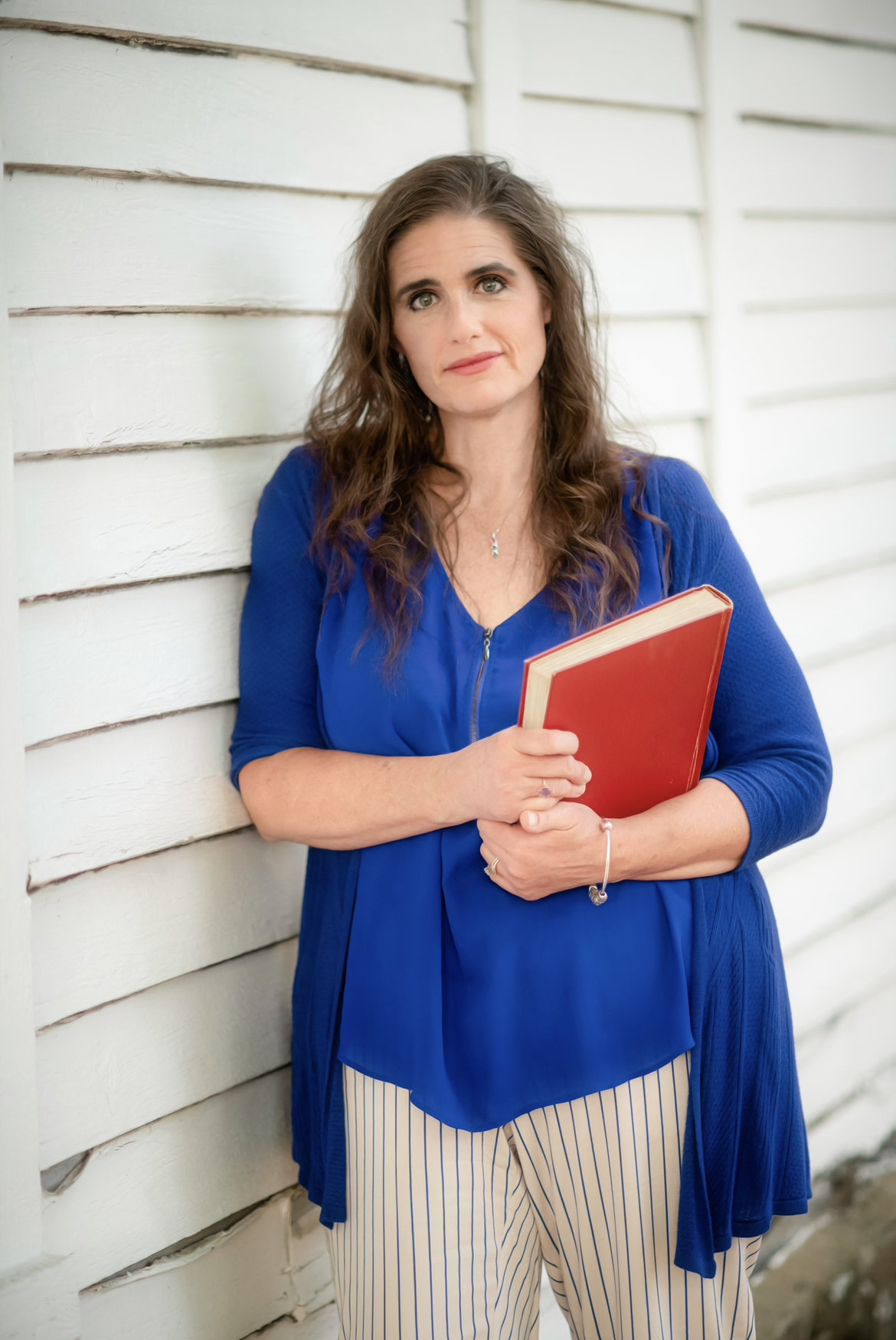
9 minute read
ANXIETY AND CHILDREN TODAY
by: Mary Elizabeth Jackson
Life for all of us is vastly different than a few years ago and hard enough for any adult raising kids. Parents can be challenged to create any semblance of normalcy within their family circle The rate children are experiencing anxiety is increasing steadily and constantly. Our responsibility is to help our children maneuver through life and learn tools and resources they can use to be more empowered. We can help teach them strength and resiliency for a better chance at a healthier life mentally, emotionally, physically, and spiritually There are more resources than ever before available to assist us in helping our kids be successful.
Advertisement
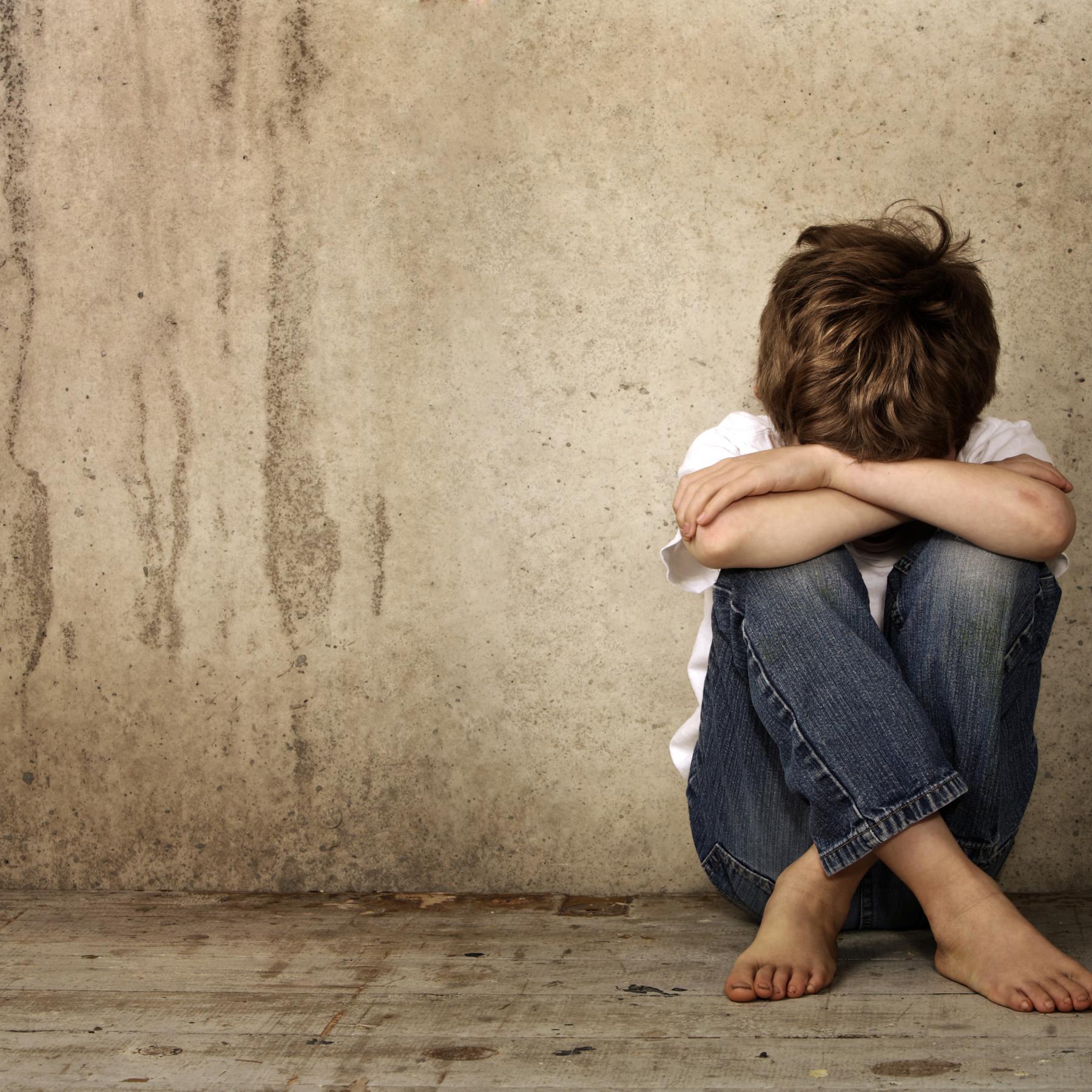
Let’s get real and talk about what is really going on for and with our kids today. First of all, they are unfortunately exposed to so much more than we ever were in different ways One of those is the technology world. It is a double-edged sword. So much to learn and see for educating and broadening their minds, and then there is the darker side.
WARRIOR W W Columnist

Too many hours on technology is overstimulating their brains and exposure to life experiences that may be beyond their comprehension. Plenty of us experienced were exposed to or knew someone who went through trauma or challenges in some way. But what is coming at our kids daily, compiled with the past pandemic, has created a very different environment for them.
Incredible amounts of violence in video games are much different than what we were exposed to. What played with Asteroid, Pac- Man, and other makebelieve games. Many of today’s games have more realistic situations, and seeing this so young leads to desensitizing earlier in a child's life. This can aid in a lack of empathy and sympathy towards others. Being a part of the real world with real-world boundaries and scenarios can be more challenging. Also, we must remember that our human brain is not fully developed until we are twenty-five. So how can we expect exposure to more adult events at a younger age not to have an intense effect on children? All of this can lead to children experiencing anxiety and possible depression.
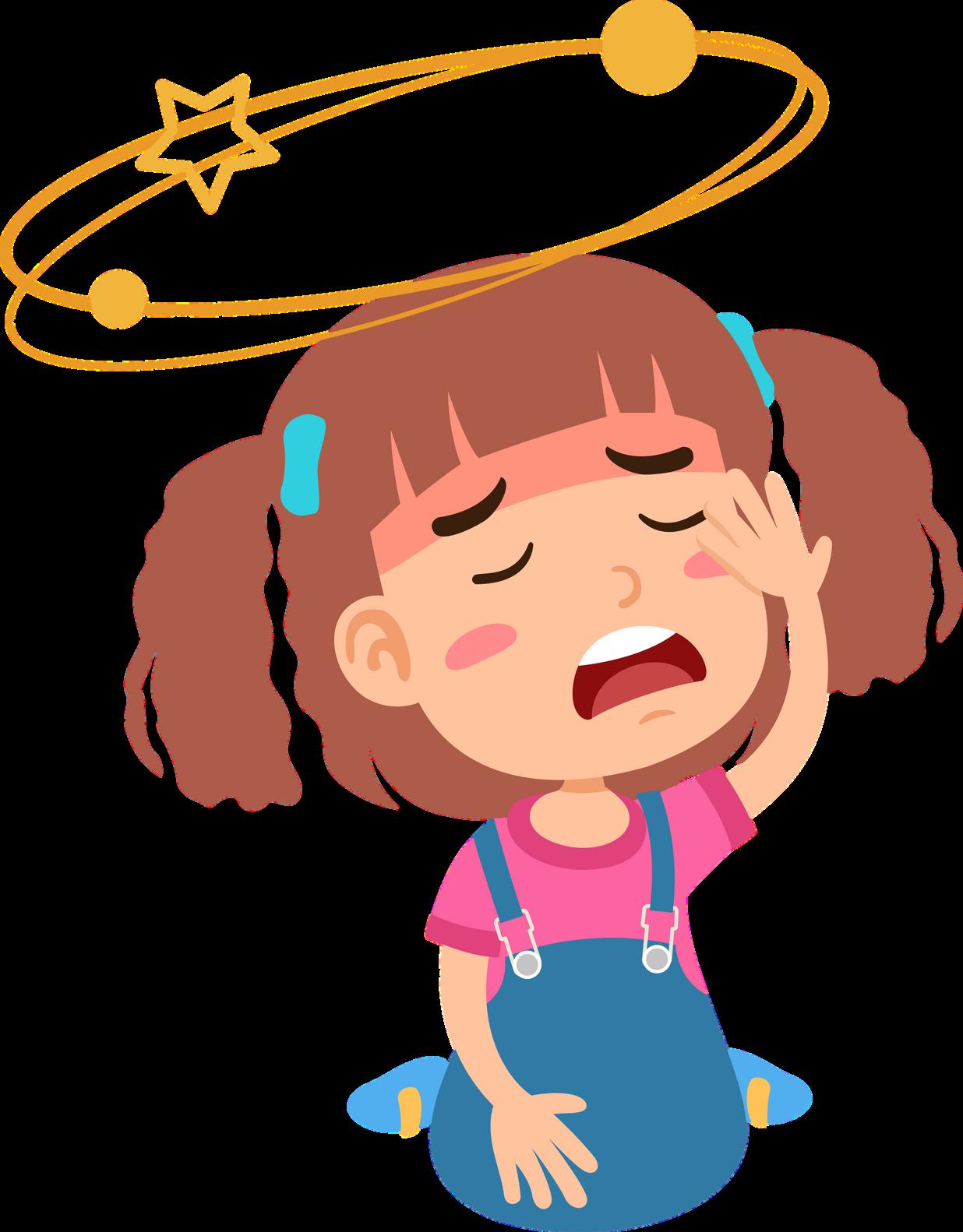
Mary Elizabeth Jackson
is passionate about advocacy, education, and creativity. As an award-winning author and certified Special Needs and Disability advocate, Mary leverages her personal experience as a mother of three, including two on the spectrum, to empower and support families and individuals facing similar challenges. With a diverse skill set that includes podcasting, live streaming, co-hosting two shows, speaking, educating, ghostwriting, and songwriting, Mary brings a unique perspective to every project. As the owner of E & L Publishing and the manager of Sisters J Music, Mary is dedicated to using her talents to promote positive change and amplify underrepresented voices.
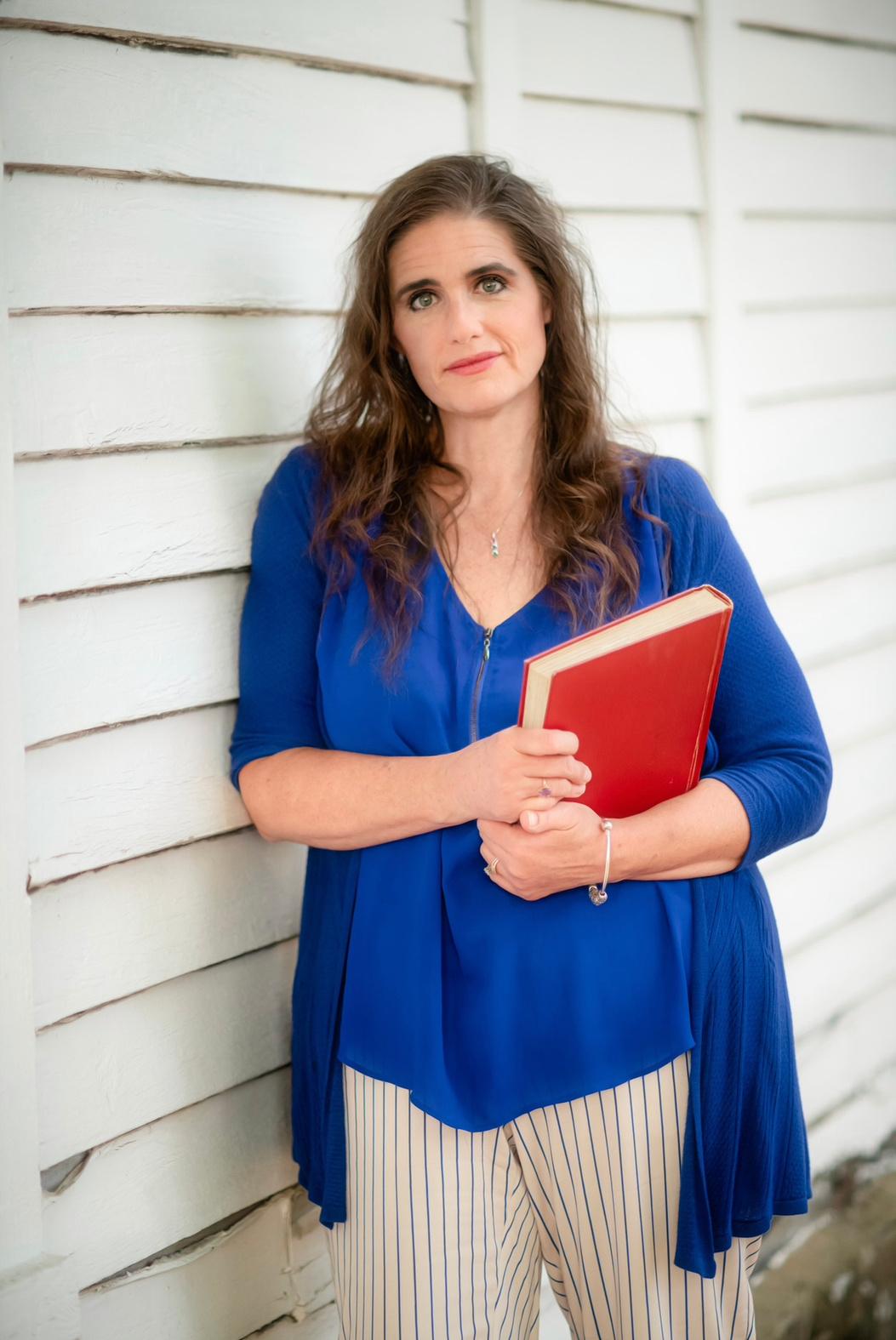
Coming through the past few year ’ s children have learned that the world can feel unsafe and uncertain. Everyone's routines were interrupted, and many lost family members and loved ones. I know we lost both my father and father-in-law, so my young son went through a lot of anxiety about dyeing and, "Where is God, and why did my grandfathers have to die?" Like all kids, my children were home from school. They experienced incredible anxiety during the pandemic, and children on a broader scale felt uncertainty about life in general. All of these have added to more anxiety in children.
Another reason anxiety is on the rise is that today one in thirty-six children by the age of eight is diagnosed with autism.
Children on the spectrum experience higher levels of anxiety and depression than their typical peers. They also can have a harder time processing information and how they feel. This compounds the challenge for these kids to live better mentally and emotionally. The good news is that help, resources, and tools are available to help our kids and families.

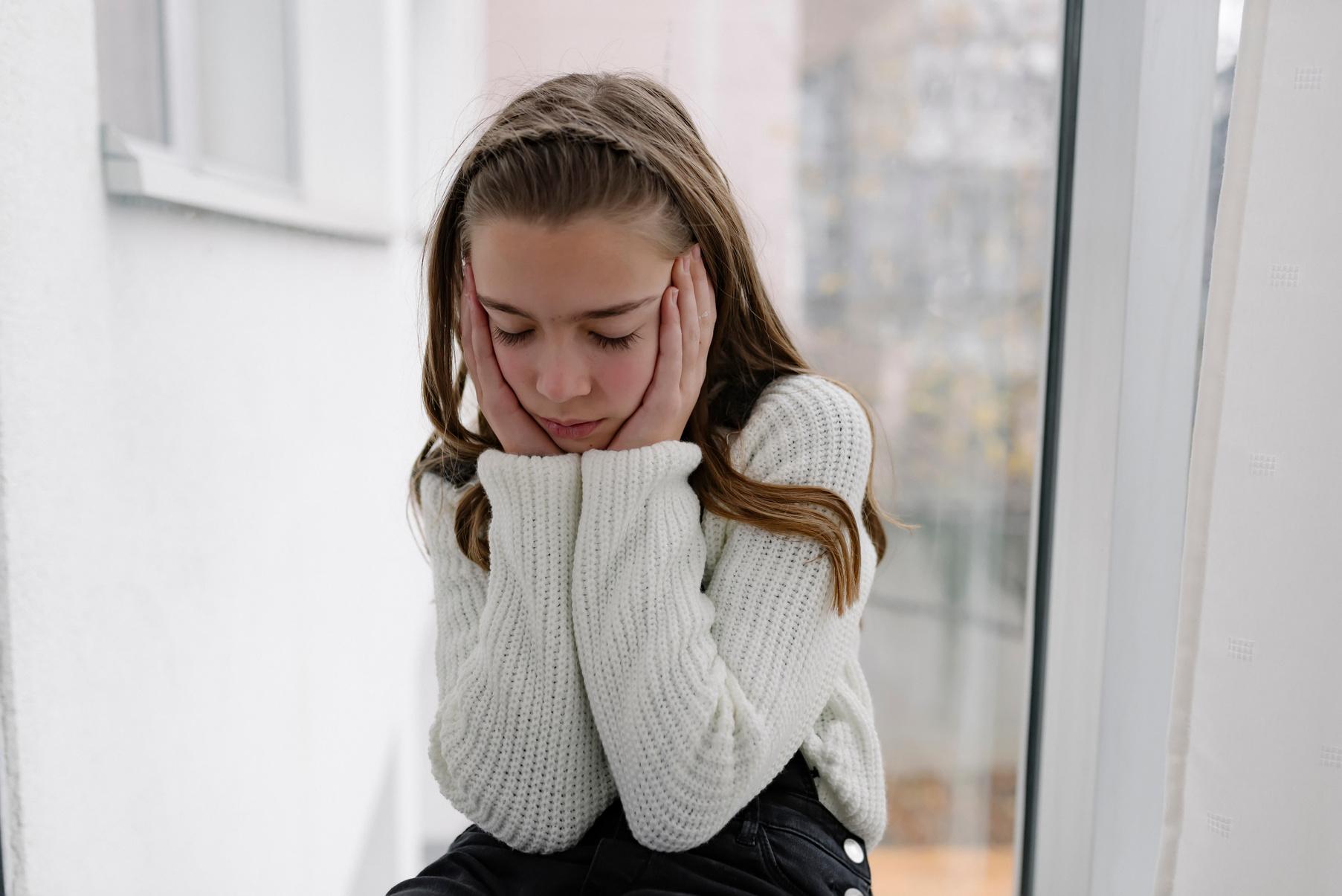
These are some signs and behaviors to look for in a child experiencing anxiety. It is obvious for some kids and for others their anxiety can be hidden and not as easy to diagnose Anxiety can present itself in a child as fear or worry, making them angry and irritable. Some children experience trouble sleeping, falling asleep, or having nightmares. Physical symptoms can include stomachaches, fatigue, and headaches Not eating properly and having a hard time concentrating are symptoms as well. Pacing the floor and talking about worrisome scenarios over and over is anxiety and a bit more on the intense side for a child.
A quieter or withdrawn child may be experiencing anxiety intensely but may not know how to express it. If a child's mood and behavior change drastically, this can also be a sign Many factors can affect a child who experiences anxiety, and there are many causes, some of which I have already discussed in this article. Depression can accompany anxiety as well and should be addressed if present
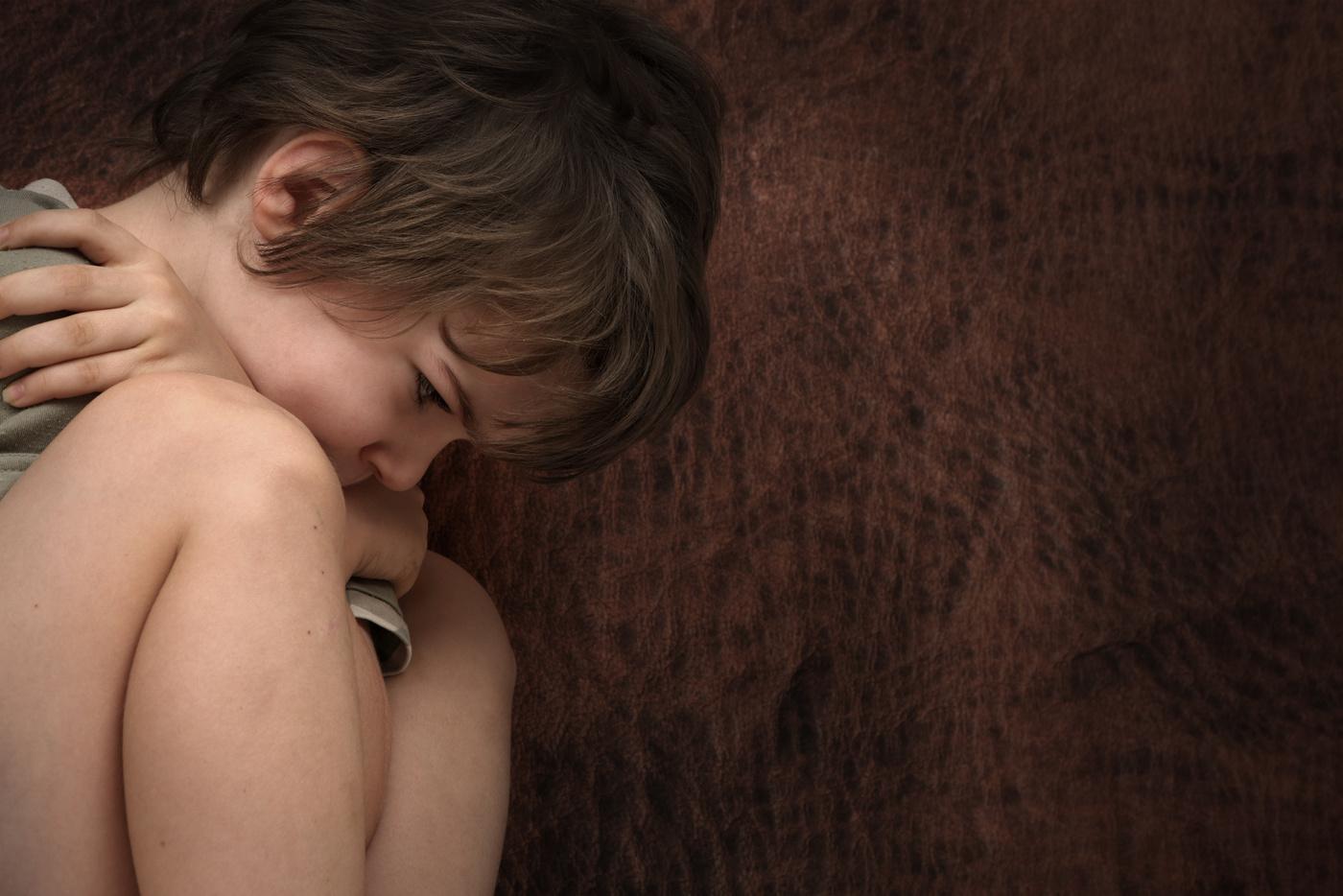
Here are a few tips and tools children can use to help them with anxiety. I have used these with my children, who have all suffered from anxiety. I have three children, and two are on the spectrum, so I have had to learn tools to help empower them in their life:
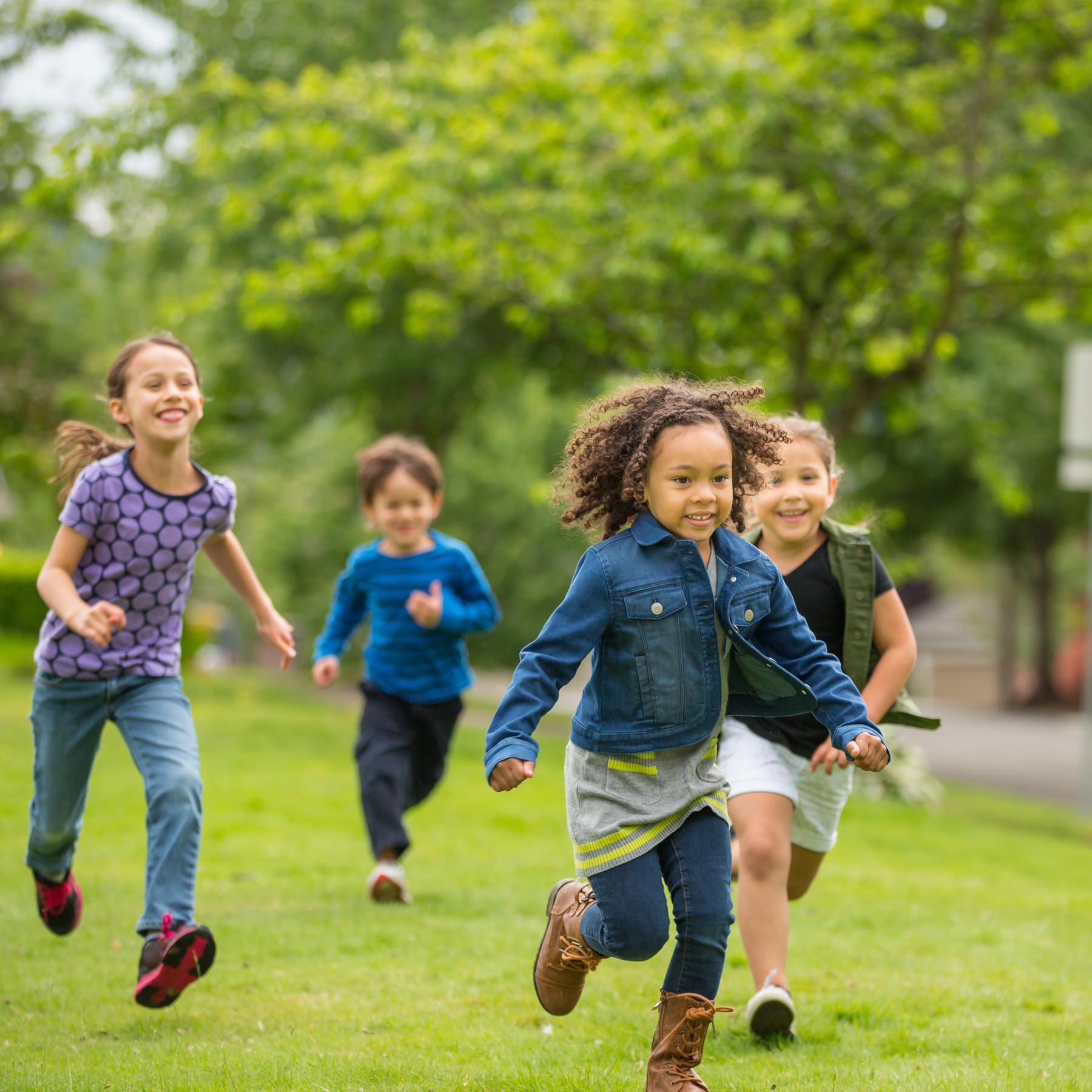
Breathing
We tend to forget how important breathing is, and it is still one of the easiest and most effective tools to use when anxiety is present. Breathing helps bring a child back into the present moment to relax and work through their emotions and feelings. Start with simple square breathing Children have great imaginations. Have them visualize as they breathe into a count of four and release to a count of four as they draw a square in their head. They can do this with any shape It also helps get their mind off what they are anxious about
Creative Outlet
This tool has been one of the most instrumental tools for all three of my kids It may be any of the arts or any way to be creative that is safe and healthy for a child. With two of my kids being non-verbal, I often used drawing and coloring. I also used writing and journaling, dancing and music, and playing instruments like piano or guitar
Whatever you have access to will work The key is your child having an outlet that is productive and constructive, not destructive.
Exercise
Exercise is one of the best antidotes for anxiety There is so much to choose from, and the key is to get rid of the anxious, nervous energy Some examples are walking, mindful movement, yoga, running, riding a bike, and hiking in nature When you move, endorphins or 'feel good' hormones are released into the body, which helps us feel better
Name it to Tame the emotion, thought, or feeling.
Teach or help your child how to start understanding what they are feeling or what may be causing the anxiety. This will help take the “scariness” and overwhelm out of what they are experiencing. Teach them the basic emotions and feelings so they can begin to identify them. It’s also helpful to teach them how to notice where they “feel” it in their body This will help to start to alleviate some of the anxiety as well. And back to creative tools, have them write or draw what they are so anxious about to help alleviate what they are experiencing at the moment
If your child or a child you care for is experiencing any of these signs or symptoms I have shared, then please have them checked out Many pediatricians will do assessments or evaluations to determine if a child is experiencing anxiety. Schools provide counselors for children to speak with, and sometimes group sessions are available to kids. Check with your church or a local church to see if they offer services. There are also organizations available in most larger cities to guide families to help with a child with anxiety. Equine and aqua therapy are both very soothing tools for children with anxiety.
Please do not wait or ignore if a child is struggling, hoping it might go away independently. Anxiety can be caused by many different things, and a child can suffer greatly. Sometimes it is genetic or severe enough that a child may need medication. Don’t hesitate to get them help if needed Empowering our children will help keep them from internalizing what they may be going through, which can lead to other problems. Tools and resources like the ones in this article can aid your child, children, and whole family in living healthier lives.
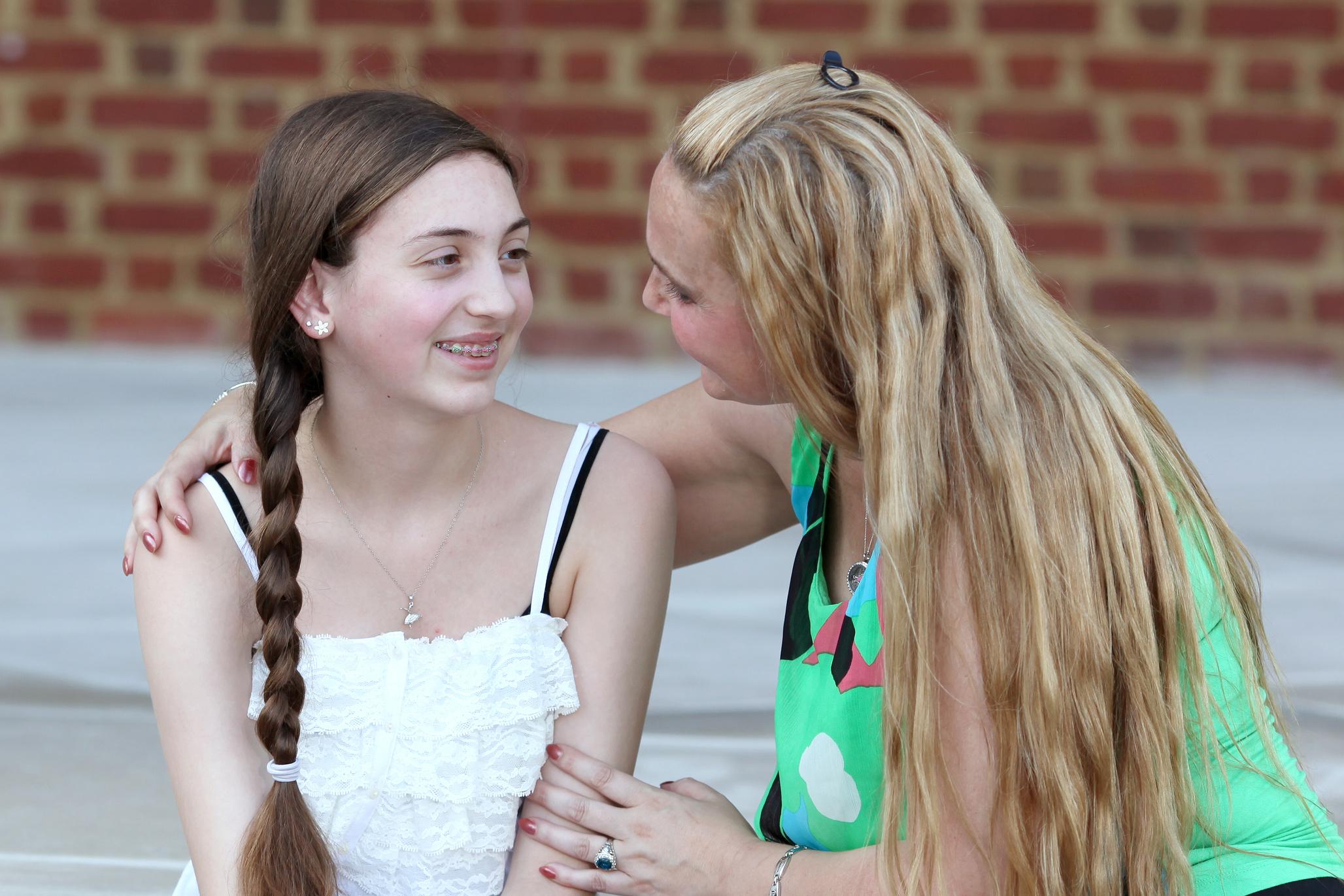
Anxiety can be a very scary thing to deal with for a child and the parent. I have been there, feeling helpless but learning and applying tools has made a huge difference in our lives. And now, my children have skills they can use anytime they need them and can carry this throughout their life. Your child can too.












